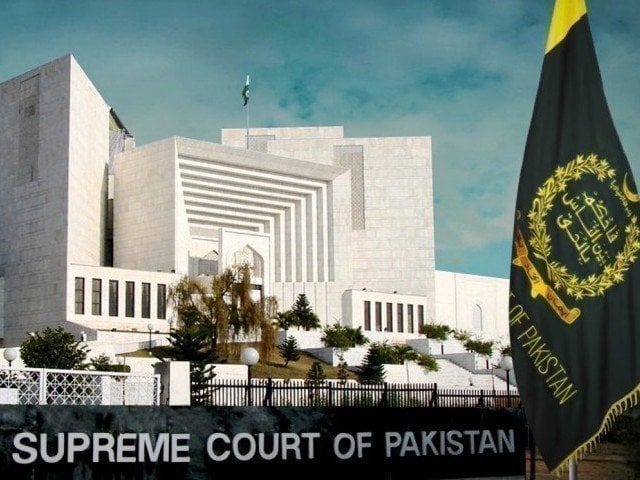Islamabad: On the issue of regulating the powers of the Chief Justice of Pakistan, the federal government has responded to five questions of the full court and said that the suspension of the law by the eight-member bench was unconstitutional. In a written reply, PML-N supported the Practice and Procedure Law and requested to dismiss all the petitions filed against the law.
In the practice and procedure case related to regulating the powers of the Chief Justice of Pakistan, the federal government has submitted a written response and said that the former Chief Justice made decisions by suspending the law and forming a bench, appeal in Clause 3 of Article 184 of the general legislation. can be granted.
In response, the federal government said that in clause 3 of Article 184, the aggrieved person does not have the right to appeal except for revision, Article 204 of the contempt court does not provide the right to appeal. While the independence of the judiciary has been further ensured by the practice law.
The government replied that the law would bring transparency in judicial matters and democracy in bench formation. Practice law structures the discretionary powers of the Chief Justice. cannot be annulled, if any future law restricts the Judiciary Act, the court can review it.
In response, it is said that the system is destroyed by endless arbitrary power, the law cannot be invalidated on this basis, there will be no right of appeal against the decision of the full court, the full court is constituted in exceptional cases, the Chief Justice will be the master of the roster. It is not a settled law, the term Master of Roster is derived from Indian Judiciary in which Parliament has the power to legislate, Parliament can overrule judicial decisions by legislation.
The Muslim League (N) in its written reply submitted to the Supreme Court has taken the stand that the Parliament should have full power to legislate, the petitions filed in the Supreme Court before the law is made are neither hearable nor on them. The order should be issued, no petition has stated how the independence of the judiciary has been affected by the legislation, all petitions against the legislation should be dismissed.
(function(d, s, id){
var js, fjs = d.getElementsByTagName(s)[0];
if (d.getElementById(id)) {return;}
js = d.createElement(s); js.id = id;
js.src = “//connect.facebook.net/en_US/sdk.js#xfbml=1&version=v2.3&appId=770767426360150”;
fjs.parentNode.insertBefore(js, fjs);
}(document, ‘script’, ‘facebook-jssdk’));
(function(d, s, id) {
var js, fjs = d.getElementsByTagName(s)[0];
if (d.getElementById(id)) return;
js = d.createElement(s); js.id = id;
js.src = “//connect.facebook.net/en_GB/sdk.js#xfbml=1&version=v2.7”;
fjs.parentNode.insertBefore(js, fjs);
}(document, ‘script’, ‘facebook-jssdk’));


